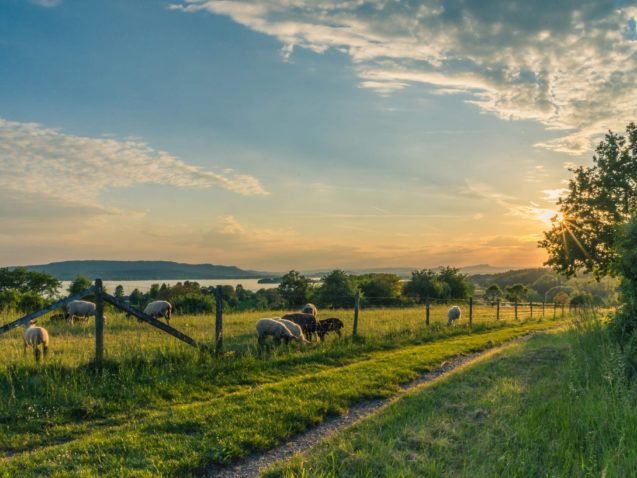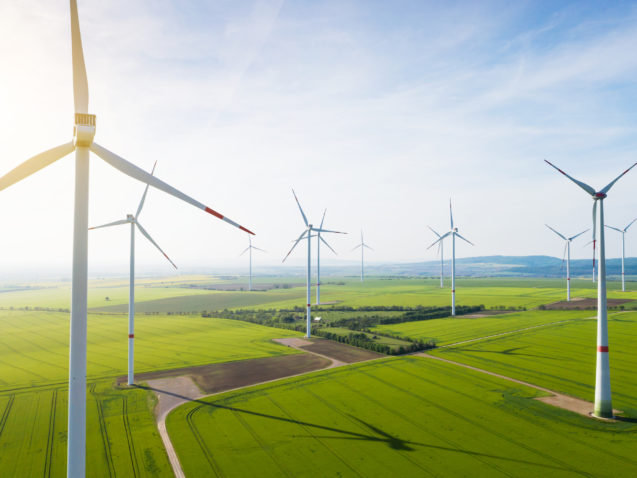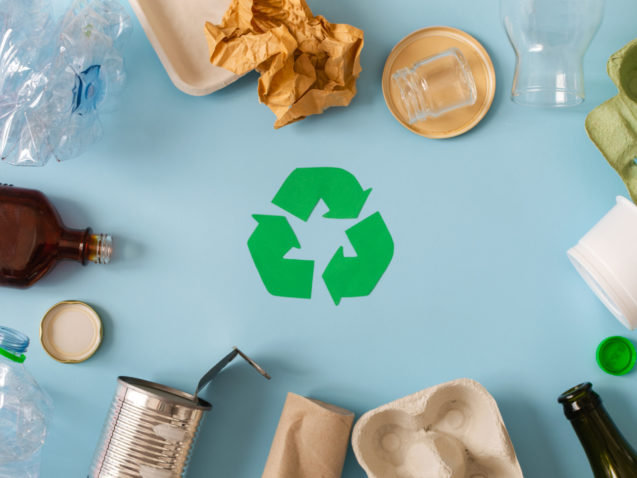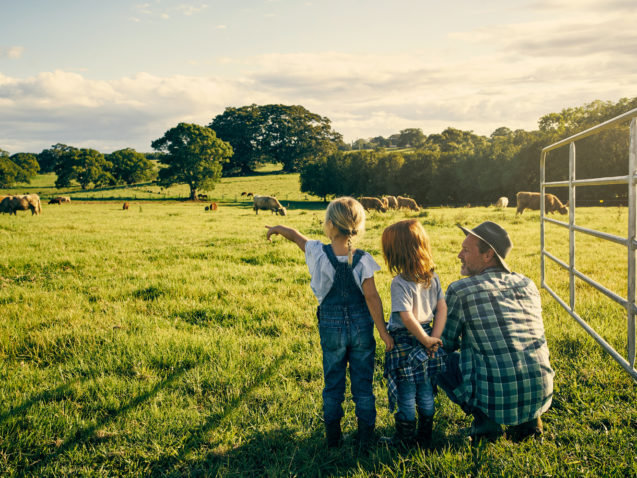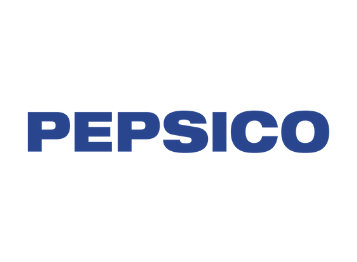What are food and drink companies doing to decarbonise? Gabriela Schanz, Environmental Sustainability Manager from PepsiCo, walks us through their climate actions.
There’s never been a more inspiring time to work on the PepsiCo Europe Climate agenda. With the heightened awareness on global warming and plastic waste, we have a captive audience on the topic. I’ve been in the team for 3 years now and while there are still many mountains to climb, I can reflect back on my time and feel we’ve at least started well on the road, despite the challenging environment:
- We’ve ramped up our commitment to green energy: By 2022 we will hit 100% renewable electricity across our manufacturing sites in Europe, building on the 9 markets already having made that switch. We also stepped up our onsite generation with our second windmill installed at our Tropicana site in Zeebrugge and solar panels at seven other factories across the Europe. We’re also creating biogas and electricity through our anaerobic digesters in Turkey, the UK, Belgium and Poland, which are fueled through potato peelings and other waste from our snacks plants.
- We accelerated our efforts on circular packaging – We are closing out the year with nine European countries switching to 100% rPET bottles for brand Pepsi over the next two years. This builds on the 3 top brands (Tropicana, Naked and Lipton Ice Tea) we moved into 100% rPET bottles this year, saving estimated 40% of CO2e emissions per bottle versus virgin plastic counterparts.
- We’re reducing emissions with our farmers: We’ve used the learnings from our 50 in 5 project in the UK, taking 50% of CO2e emissions out of every tonne of potatoes in 5 years, and are now sharing those learnings across Europe
- We were one of the first companies to sign up to science based targets – to not just set targets in line with what we can do, but what the science says we need to do, and set our scope of responsibility to include emissions both upstream and downstream of us. We’ve already reduced our absolute emissions by 6% globally, while still growing the business
But to reach our goal, we still have a lot of emissions to tackle. We need to foster change and facilitate emission reductions across our entire value chain: in our own manufacturing, with our farmers, in the fleet of our logistics providers, in the packaging materials of our suppliers, and even to the energy used for our coolers in retail locations!
But don’t get me wrong – it is not just about meeting goals. It is about supporting our food system and our food supply chain to become more climate resilient. Because we know that this is what we need to achieve for our company, our suppliers, our farmers, our consumers and our families to continue to have a future worth planning for. Through the COVID-19 pandemic we all faced disruption across the food system but we could still grow our crops and get food on the shelves. Climate change could challenge the resiliency of our food system even further.
And with that in mind, we’ve signed the UN’s Business ambition for 1.5 ºC pledge, establishing our commitment to net zero and aligning ourselves to the latest science, which will likely make our interim 2030 goal of 20% absolute reduction vs 2015 even more ambitious.
And so when reflecting on what I’ve learned in the last years, I think it comes down to 2 things:
There are no silver bullets; only silver buckshot!
Our emissions are spread out right across our supply chain and we need to find out the correct interventions to tackle them. It will take more than one “silver bullet” and will require widespread collaboration to be able to hit them all.
“As you start to walk on the way, the way appears.” Rumi
Our Global VP of Environmental Sustainability, Roberta Barbieri, told me this when I got the job – become familiar and comfortable with ambiguity. This has stayed with me. We don’t everything about all the levers. There is no guaranteed plan. The science is evolving. And so we just need to get started. And I’m very grateful to our PepsiCo CEO of Europe, Silviu Popovici, for having the leadership to help us have done just that in the last years – get started!



